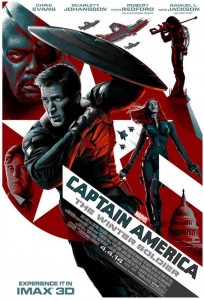 I waited months to see Captain America: The First Avenger. I was worried that they would take one of Marvel’s great characters, and make a film that took his title literally and create something that ultimately boiled down to US propaganda, rather than really explore what Steve Rogers is about. The first time around, I wanted to hate it. I mocked everything – laughed at the dialogue, joked about how one scene in particular was awfully reminiscent of Return of the Jedi, rolled my eyes at Hugo Weaving’s scenery chewing – but at the end I turned to my husband and said that was awesome, let’s watch it again.
I waited months to see Captain America: The First Avenger. I was worried that they would take one of Marvel’s great characters, and make a film that took his title literally and create something that ultimately boiled down to US propaganda, rather than really explore what Steve Rogers is about. The first time around, I wanted to hate it. I mocked everything – laughed at the dialogue, joked about how one scene in particular was awfully reminiscent of Return of the Jedi, rolled my eyes at Hugo Weaving’s scenery chewing – but at the end I turned to my husband and said that was awesome, let’s watch it again.
I feel bad about my lack of faith in Marvel Studios now. While I still try to go in to MCU films with no hope other than to be entertained, they consistently and effectively deliver exactly what the audience is wanting. What does the audience want? A film that shows us superheroes that exist here in the real world. A universe that is so close to ours, that sometimes it’s easy to suspend your disbelief, and imagine that these events are really happening, while we’re sitting in the comfort of our living rooms watching the destruction on the news.
To say Winter Soldier is a game changer is a bit of an understatement really, but it’s difficult to elaborate on that idea without offering up some pretty huge spoilers for the end of the film. What I will say, however, is that it cements the concept of these characters existing around us. From Sam Wilson’s uncannily plausible flight suit, through to Frank Grillo’s likeable but sinister portrayal of Brock Rumlow (the name Crossbones is never mentioned outside of a bit of symbolism for comics fans), and Robert Redford’s brilliant turn as Alexander Pierce – someone you can really see heading up an intelligence agency. They’re written well, they’re acted well, and most importantly, they talk like real people, which are key elements missing from Agents of S.H.I.E.L.D. – the Marvel property with the closest ties to Winter Soldier.
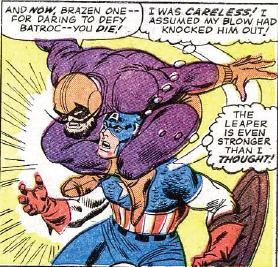 How can a film that contains such a ridiculous character as Batroc the Leaper do this so well though? Through brave interpretations of characters whom we have seen as jokes, caricatures, and ridiculously implausible technological developments. Just wait until you see how they brought Arnim Zola into the modern day – it’s genius, and not at all what I was expecting.
How can a film that contains such a ridiculous character as Batroc the Leaper do this so well though? Through brave interpretations of characters whom we have seen as jokes, caricatures, and ridiculously implausible technological developments. Just wait until you see how they brought Arnim Zola into the modern day – it’s genius, and not at all what I was expecting.
While the peripheral characters are the icing on a rather large cake, the main characters have plenty of time to shine. With a running time of over two hours, there’s never any doubt that everyone gets their share of the limelight. Nick Fury gets his own action sequence, Maria Hill has a key role to play in the final act and somehow there’s still time to explore how the events of the Battle of New York have affected Cap and Black Widow’s – both personally and publicly. There’s a glaring lack of Black Widow backstory, but Johansson’s character actually gets to be a person here, rather than a means to an end, or a Whedon Woman trope, which gives me hope that those Black Widow movie rumours may come to fruition after all. Chris Evans handles bringing the role of Steve into the modern world very well, he plays him with just the right combination of righteousness and sass, and that’s exactly what I think Cap is all about.
The real stars of this show, however, are Anthony Mackie and Sebastian Stan, as Sam Wilson, and Bucky Barnes respectively. Mackie’s clear excitement at being able to play in the sandbox carries over to his portrayal of Wilson, who has a kind of fanboy excitement about being included in Cap and Widow’s team. Stan does an impressive job of a role that, for most of the film, involves a lot of empty, angry, or irritated gazes, and the delivery of one particular choice line lifted from the comic. Both actors fit their roles perfectly, yet another example of Marvel choosing the right actors, and developing the right characters.
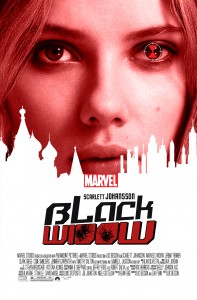 From a technical standpoint, this is probably Marvel’s most ambitious project to date. If you think The Avengers was a large project CG wise, forget it. Winter Soldier has not one, but three helicarriers, more action sequences than I can remember, and while it may not have Iron Man 3 scale supersuits, the work on Falcon’s wings, and The Winter Soldier’s arm, is pretty impressive. There are certainly a few missteps in the larger scale shots that are more visible when viewing the film in 2D, but overall the CG is great.
From a technical standpoint, this is probably Marvel’s most ambitious project to date. If you think The Avengers was a large project CG wise, forget it. Winter Soldier has not one, but three helicarriers, more action sequences than I can remember, and while it may not have Iron Man 3 scale supersuits, the work on Falcon’s wings, and The Winter Soldier’s arm, is pretty impressive. There are certainly a few missteps in the larger scale shots that are more visible when viewing the film in 2D, but overall the CG is great.
The score is adequate, with moments of greatness when building tension, but there are points where it could have done with dropping out completely. Over all, Winter Soldier has a post-Cold War action thriller vibe to it, and sometimes the score doesn’t quite fit, particularly during a lot of Cap’s dialogue. I found myself wanting a bit less soaring patriotism, and a bit more understated disillusionment.
On paper, it’s hard to believe this film would work. The guys who made You, Me and Dupree direct an espionage thriller based off a comic book, where half of the long standing characters either aren’t cast in the film, or are only just being introduced, and the only way you won’t know what the big reveal will be is if you live under a rock. Forget about it. Wry humour, innovative use of characters, and a big reveal that has so much more large scale fallout than what you’re thinking of, make this film quite possibly the best that we’ve seen from Marvel Studios yet.
Captain America: The Winter Soldier makes excellent use of one of Brubaker’s great storylines, but never once feels like the core concept came from a comic. Anthony and Joe Russo may be mostly known for directing such classics of modern cult television comedy as Arrested Development, Happy Endings, and Community, but don’t let that make you think they can’t handle a big budget action epic.
Equal parts tense dialogue, thrilling action, and character development, Captain America: The Winter Soldier pushes the Marvel Cinematic Universe one step closer to the audience, and continues to reinforce the idea that superhero movies don’t need to exist in their own genre.
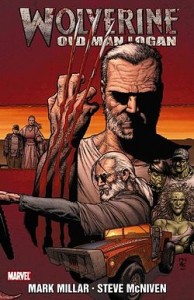
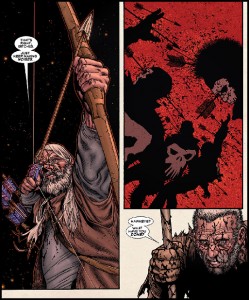
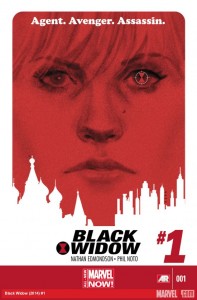
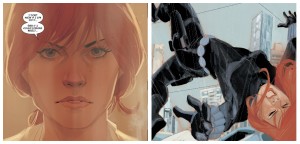

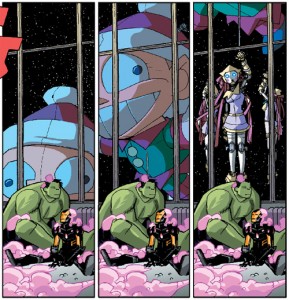
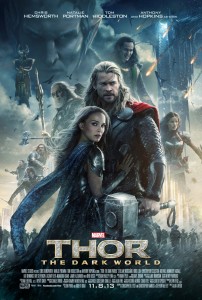
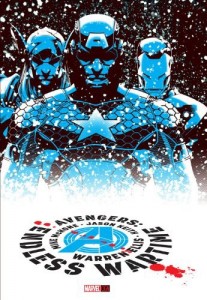
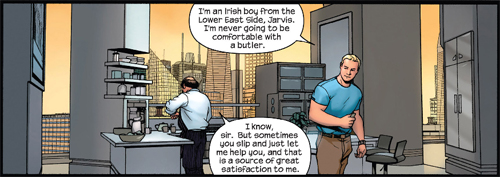
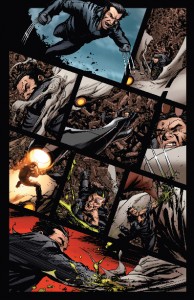
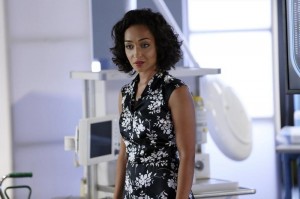
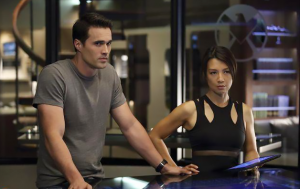
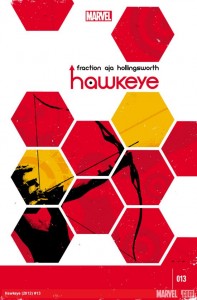
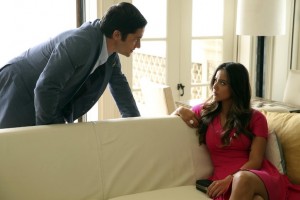
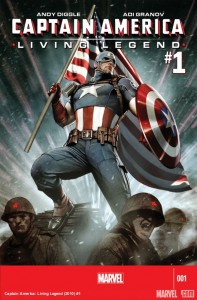
 RSS - Posts
RSS - Posts
Recent Comments